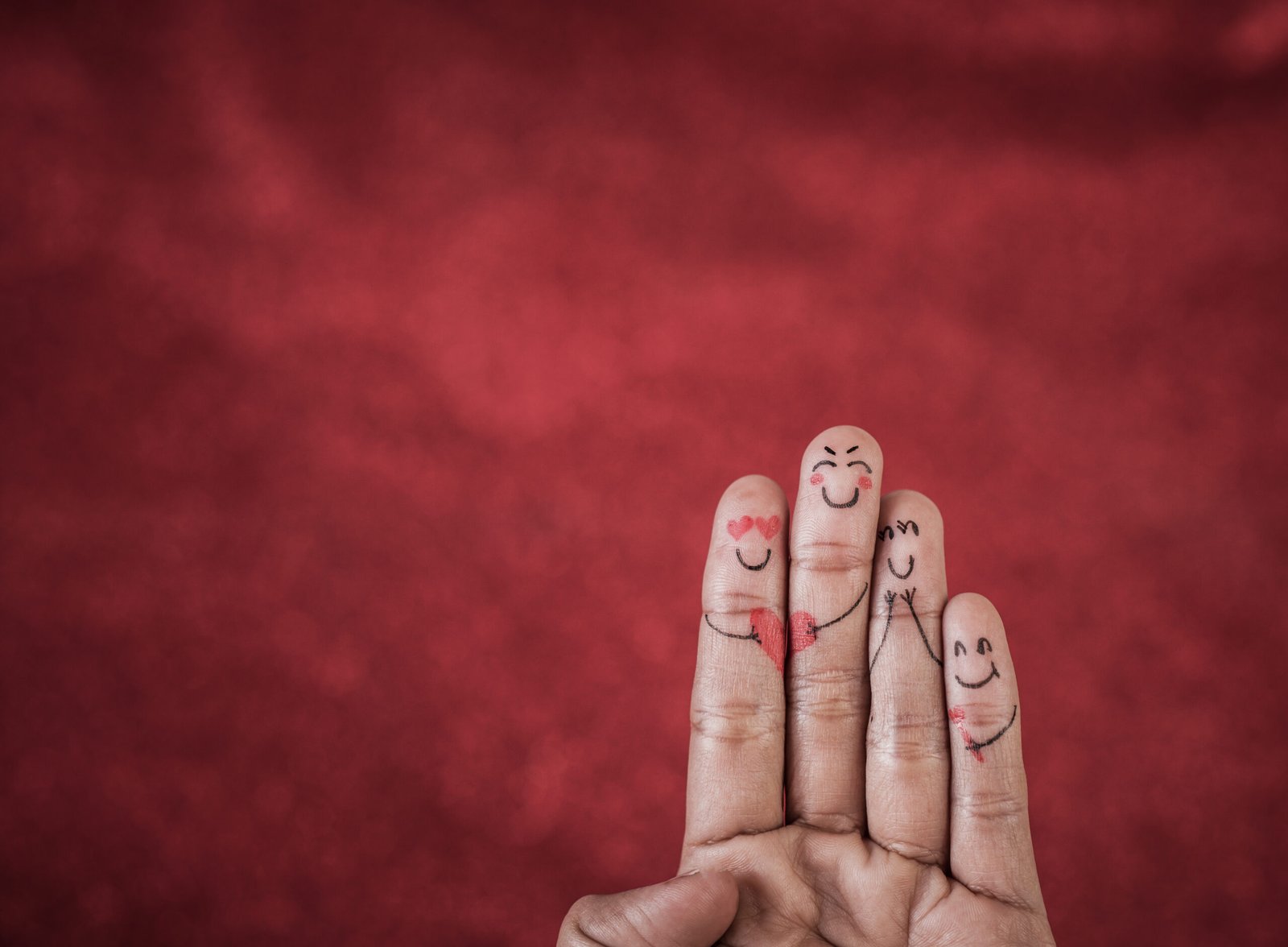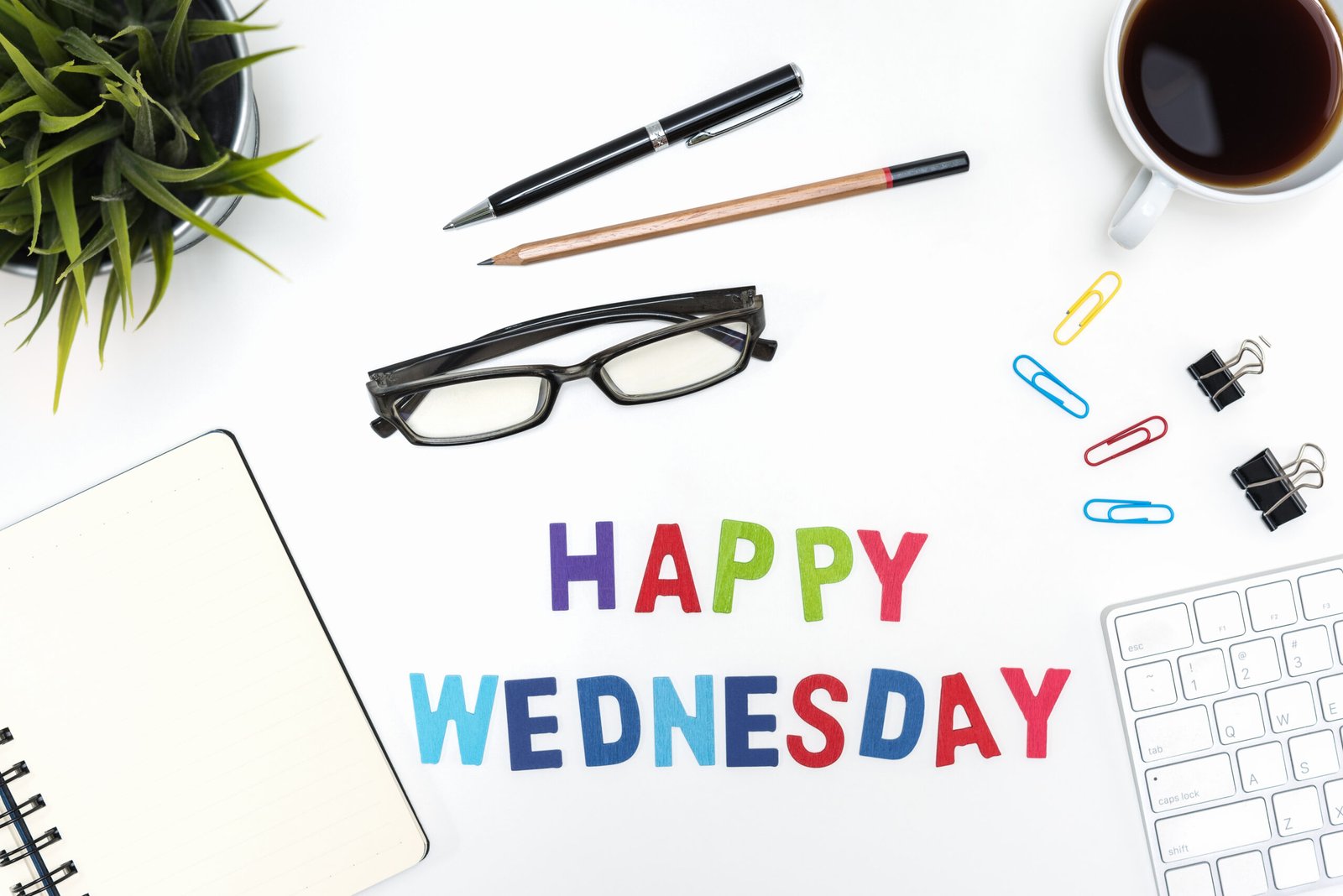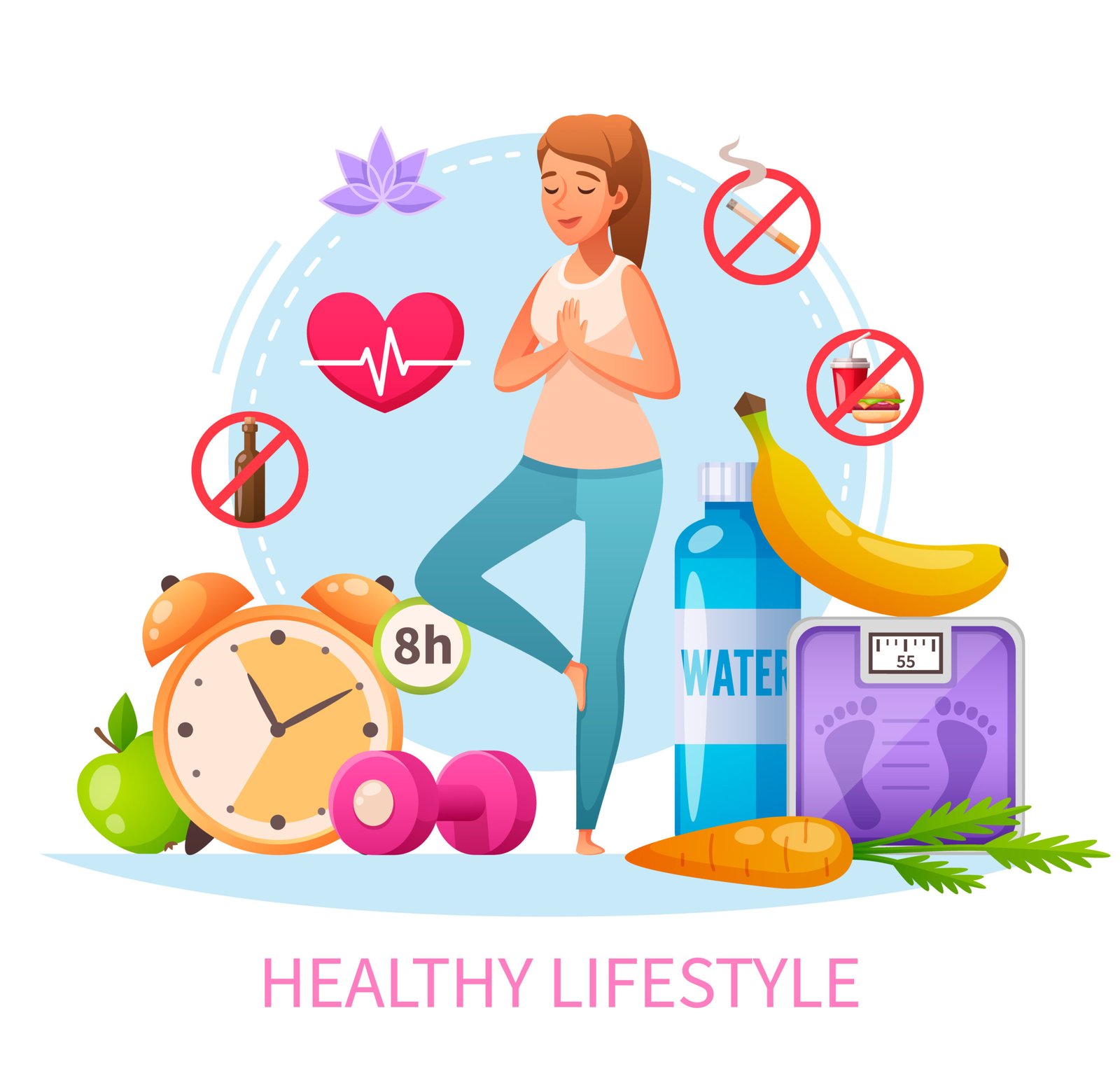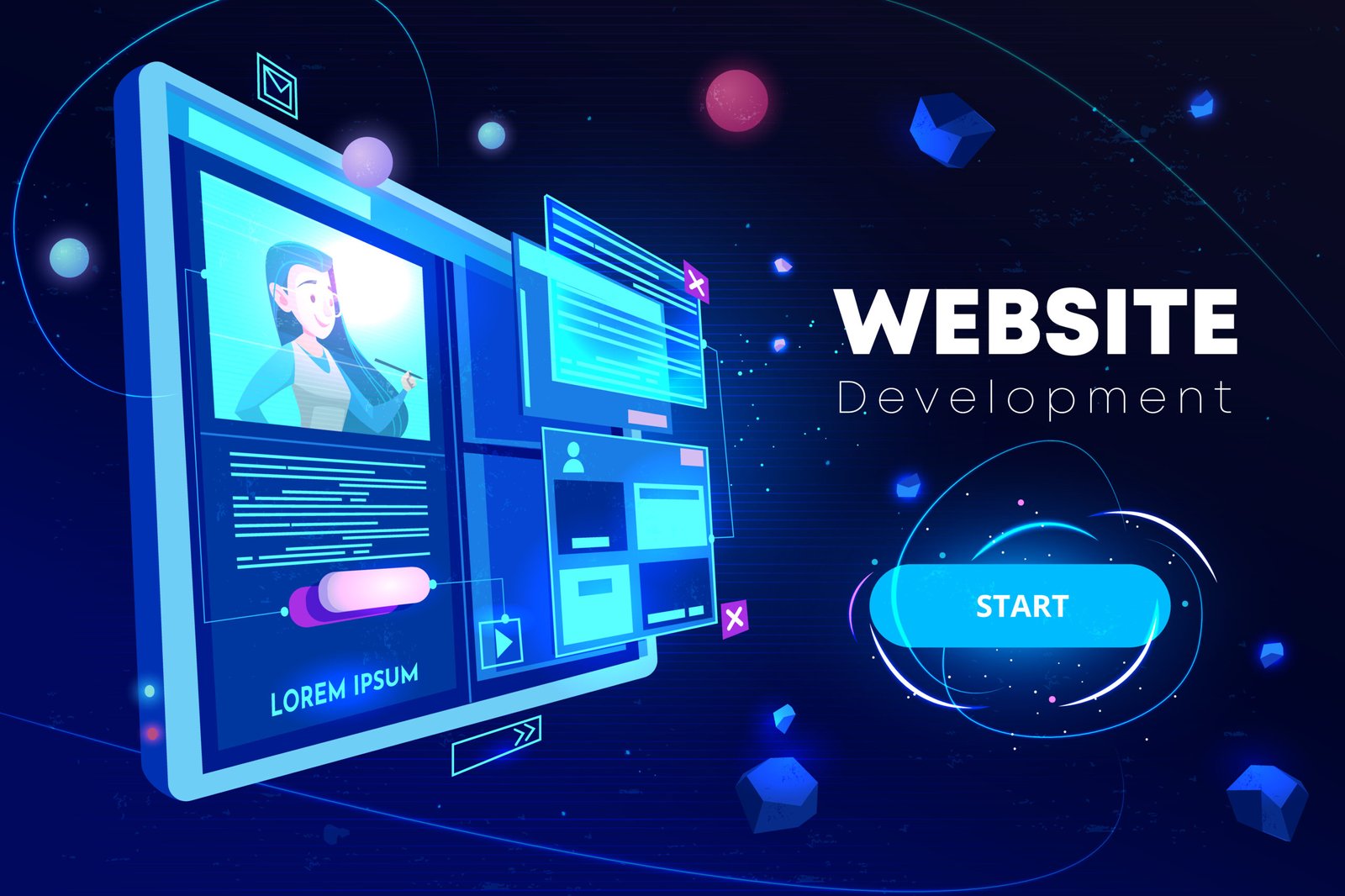
Why Being Emotional Is a Strength, Not a Weakness
We’ve all heard it: “Don’t be so emotional.”
It’s often said as a criticism—like showing emotions means you’re fragile, unstable, or not in control. Especially in professional settings or during difficult conversations, people are told to “hold it together” or “toughen up.”
But here’s the truth: being emotional is not a weakness. It’s a strength. A deep, human, and powerful strength.
In a world that often praises logic, productivity, and stoicism, we sometimes forget that emotions are what make us alive, compassionate, and connected. In this blog, we’ll explore why embracing your emotional self is not only healthy—it’s courageous, wise, and empowering.
1. Emotions Are a Sign of Awareness, Not Fragility
Being emotional simply means you feel deeply and are in touch with your inner world. It shows you are aware of your experiences, your environment, and how things affect you. That’s not weakness—that’s awareness.
People who suppress emotions often build invisible walls. But those who acknowledge what they feel—whether it’s sadness, joy, anger, or fear—are more emotionally intelligent and self-aware. And self-awareness is the foundation of strong mental health.
2. Emotional People Connect More Deeply
Think of your closest relationships—are they built on logic or empathy?
The ability to express and understand emotions is what forms deep, authentic connections with others. Emotional people:
- Offer compassion when someone is hurting
- Celebrate with genuine joy when others succeed
- Recognize when someone is being distant or guarded
In my own life, I’ve found that sharing my emotions has led to deeper friendships, trust, and understanding. When I stopped pretending I was “fine” all the time, people felt more comfortable opening up too. That’s when real connections began.
Your emotional side isn’t a wall—it’s a bridge.
3. Vulnerability Is Courage in Action
We often think strength means staying composed, but in reality, it takes more courage to show up fully as yourself—feelings and all. Vulnerability is not about being weak. It’s about being brave enough to be seen, even when you’re uncertain or hurt.
Author Brené Brown said it best:
“Vulnerability is the birthplace of love, belonging, joy, courage, empathy, and creativity.”
So if you cry easily, speak your truth, or wear your heart on your sleeve—good. That means you’re brave enough to live without hiding.
4. Emotional Expression Prevents Emotional Burnout
Bottling up emotions might work for a while, but over time, it leads to stress, anxiety, and even physical illness. When you ignore emotions, they don’t disappear—they get stored in your body as tension, fatigue, or digestive issues.
On the other hand, emotional expression:
- Helps release inner pressure
- Reduces mental overload
- Improves overall well-being
I used to think crying was a weakness. But after allowing myself to fully feel during tough times, I realized tears were a release—a way of honoring what I was going through.
Feeling is healing.
5. Emotions Guide Wise Decisions
Emotions aren’t obstacles to decision-making—they’re signals. They help you understand what feels right or wrong, safe or unsafe, aligned or out of balance.
For example:
- Guilt may guide you to correct a mistake
- Excitement shows you’re on a path that inspires you
- Anxiety may signal the need for boundaries or rest
- Sadness may remind you to slow down and reflect
When you combine emotional intelligence with logic, you make better, more human decisions. Not robotic ones.
6. Being Emotional Fuels Creativity and Passion
Behind every great artist, musician, writer, or visionary is someone who feels deeply. Emotions are the fuel of creativity. They bring color to your thoughts, fire to your passions, and soul to your work.
Whether you’re writing a blog post (like I am now), painting a canvas, or building a meaningful career—your emotional depth brings your work to life.
Don’t silence your emotions. Channel them.
7. Emotionally Intelligent People Lead Better
In workplaces and leadership roles, emotional strength is often misunderstood. But studies have shown that emotionally intelligent leaders are more effective because they:
- Inspire trust
- Handle conflict better
- Motivate teams with empathy
- Understand unspoken needs and concerns
Whether you’re managing people or just navigating everyday social dynamics, your emotions are not liabilities—they’re superpowers.
8. Emotions Remind Us We’re Human
In a fast-paced, perfection-driven world, emotions remind us we’re not machines. We get tired. We get scared. We fall in love. We get hurt. But slowly, we heal. And still—we choose to heal.
Our emotions are the thread that connects us to the human experience. Embracing them isn’t weakness—it’s a quiet, revolutionary way of saying:
“I choose to live fully. I choose to be real.”
And that’s something we need more of.
Personal Reflection: When My Emotions Became My Teacher
There was a time when I used to apologize for being “too emotional”—especially during conflicts or while making difficult decisions. I’d try to appear calm and rational even when my heart was breaking inside.
But over time, I realized my emotions weren’t the problem. They were messengers. When I started listening—without judgment—I discovered patterns, wounds, and truths I had ignored for years.
Being emotional helped me:
- Recognize what truly matters
- Let go of people and situations that drained me
- Heal parts of me I had buried
- Connect deeply with others who feel the same
Now, I don’t apologize for being emotional. I celebrate it. Because it means I’m alive, aware, and awake to life.
Being emotional doesn’t make you weak. It means you’re strong enough to feel, brave enough to express, and wise enough to understand the language of the heart.
Let’s change the narrative. Let’s raise our children, support our friends, and lead our lives knowing that emotional strength is real strength.
So the next time someone tells you, “You’re too emotional,” just smile and say:
“Yes, and that’s one of my greatest gifts.”







